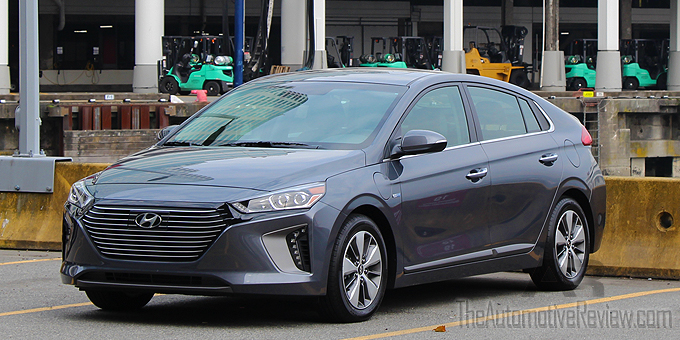
Hyundai has entered the scene to take a piece out of the EV market with their 2018 Hyundai Ioniq PHEV. The ambitious 2018 Ioniq lineup makes it the first car to offer three different powertrain configurations: EV, plug-in hybrid, and a hybrid. They’ve even earned themselves a five-star safety rating from Euro’s NCAP committee and several awards for the “Car of the Year” titles across Europe.
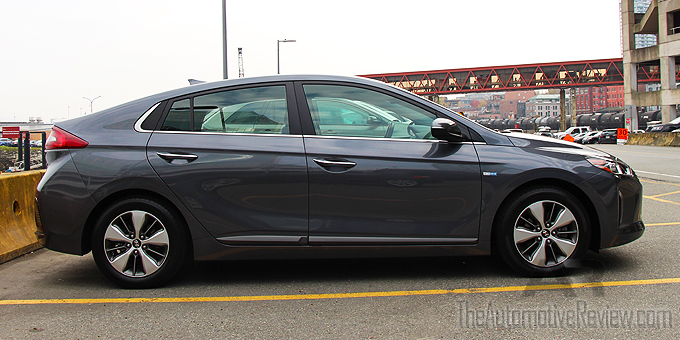
All that said, our Ioniq plug-in hybrid variant put under a week’s road test showed promise in Hyundai’s first attempt in pushing out a hybrid/EV series that aggressively competes with the likes of the Honda Insight, Toyota Prius, and even the Nissan Leaf.
HYBRID MEETS MODERN DESIGN
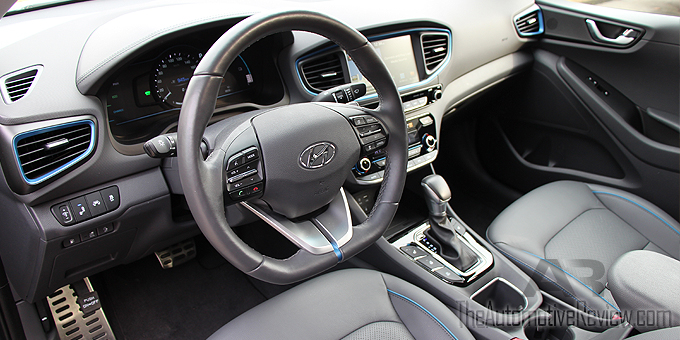
Fitting in a hybrid car design in today’s contemporary street society poses a difficult feat; yet the 2018 Hyndai Ioniq somehow manages to deliver. Although it shares some of the awkward design cues with the Prius mainly the semi-hatchback trunk and the absence of a front grille particularly with the EV model, the overall shapes, contours and various design emblems and chrome accents help give the human eye a refreshing image. While not too flashy, it’s still pleasing to the eye.
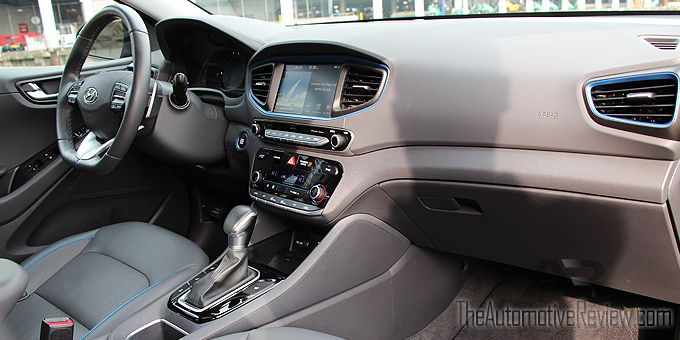
That statement also rings true with the interior and in our books, it is Hyundai that scores big in terms of value for quality within the cabin. Our tester model came equipped with leather interior and all paneling, console layout and overall feel of materials gives the interior space an elegant appearance.
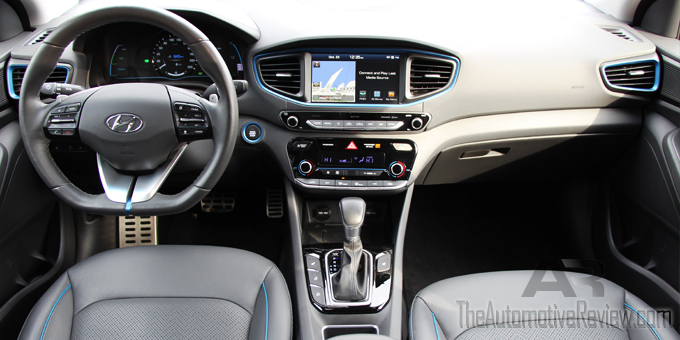
The 2018 Hyundai Ioniq also has all the modern necessities and lavish treatments including available heated front seats and steering wheel, 8-way power adjustable front seats, and an 8-speaker AM/XM/FM radio and Bluetooth connectivity via the 6” infotainment screen.
PERFORMANCE AND DRIVE
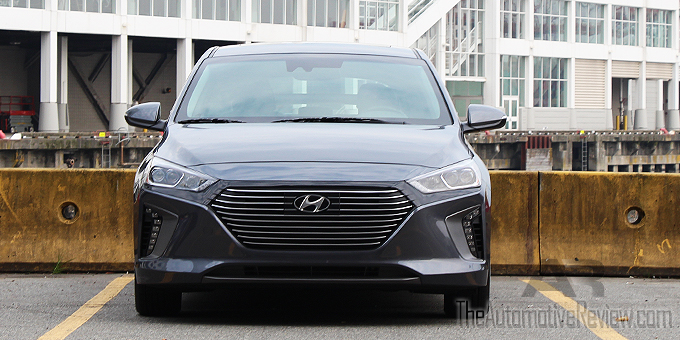
The 2018 Ioniq starts with a 1.6L gasoline direct-injection (GDI) coupled with an 8.9 kwh lithium ion battery while the all-electric Ioniq EV model gets a 28.9 kwh power pack. The electric motor itself is a permanent magnet asynchronous motor delivering 32kW of power and generates a maximum peak torque output of 170 Nm. Combined with the 1.6L GDI engine, the total power output gets you 139hp, but what’s more impressive is the maximum combined peak torque output of 265Nm. Choice of transmission is limited to a 6-speed automatic with dual clutch for both the hybrid and PHEV model, while the EV model does not use a transmission.
Our 2018 Hyundai Ioniq PHEV EV range is rated at 46.4 km on the spec sheet, and our test drive more or less matched that. In terms of convenience, it only takes about 40 minutes for a full charge in the PHEV. The all-electirc EV model gets you a range of 124 miles and a full charge will take you 2 hours and 18 minutes. The charge times are based on a Level 2, 240V power outlet.
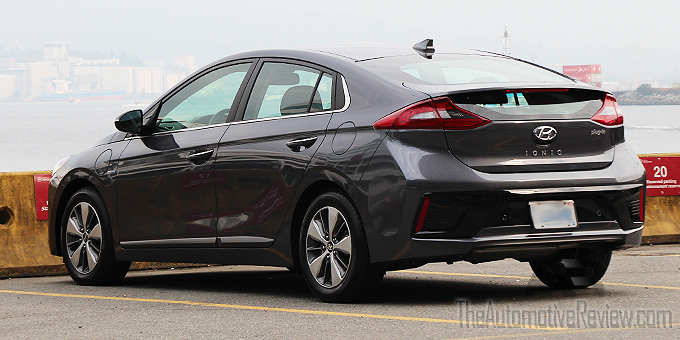
The drive performance is where the 2018 Ioniq hits the nail in the head. The overall driving experience of the PHEV proved to be quiet, smooth and comfortable. With the abundance of torque available aided by the electric motor, acceleration felt powerful yet smooth and the engine startup and torque aid during mid acceleration delivers a smooth transition.
Torque and acceleration does diminish under higher speeds though and this is mostly part to the lack of horsepower available from the system as a whole.
FINAL THOUGHTS
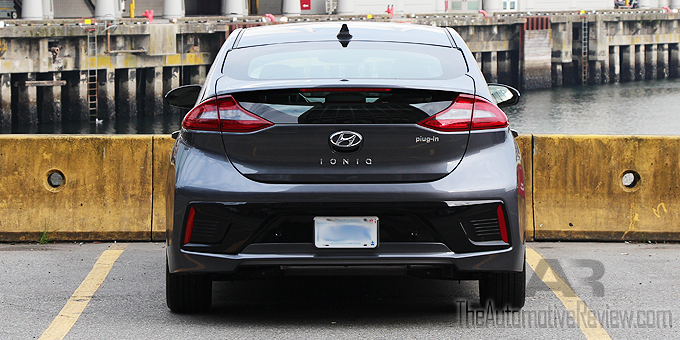
Our 2018 Ioniq PHEV Limited model comes priced in at $38,204. By all means, this isn’t exactly a bargain, but if your daily driving task involves trips within the EV range within the 50-60km window, the amount of fuel savings could be significant and make the price justifiable. With the 2018 Ioniq being Hyundai’s first line of electric vehicles, we are excited to see what the future holds!




